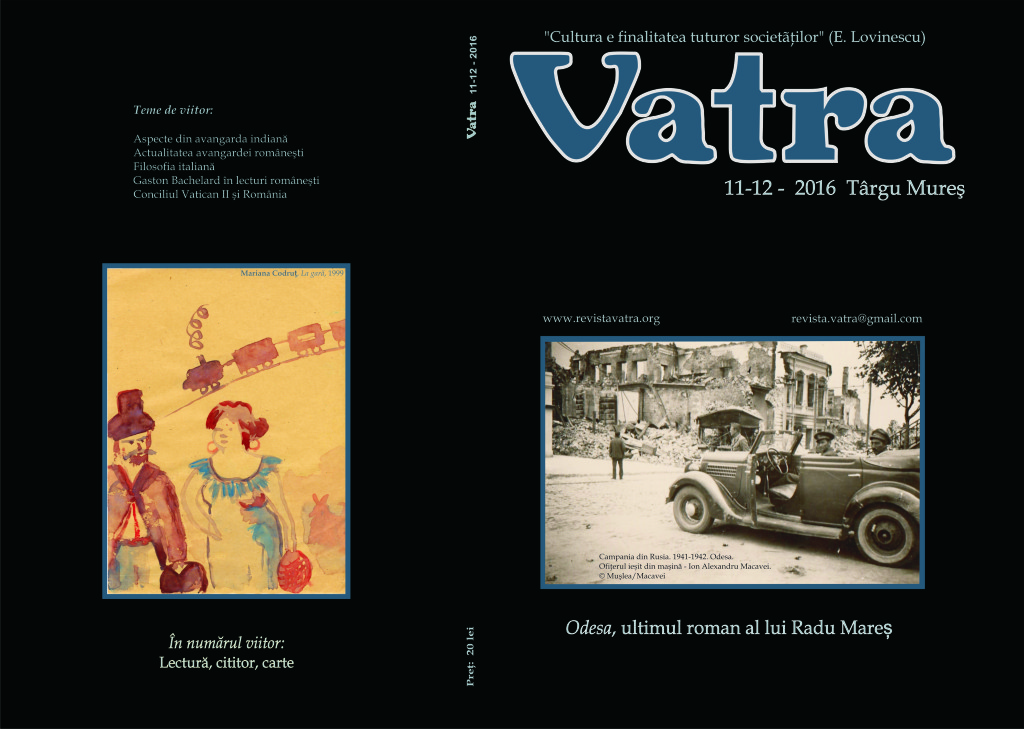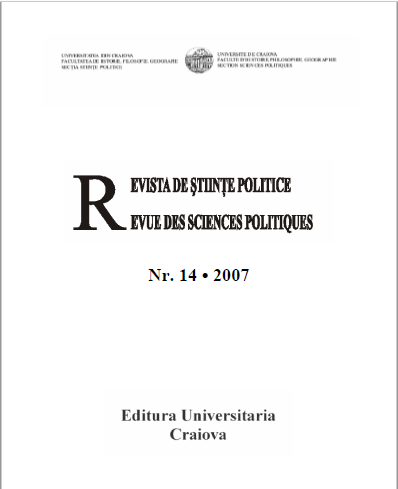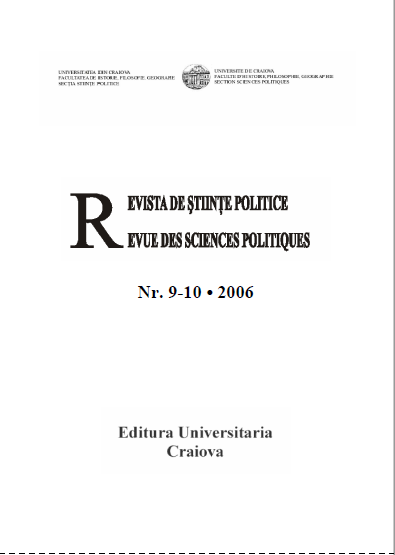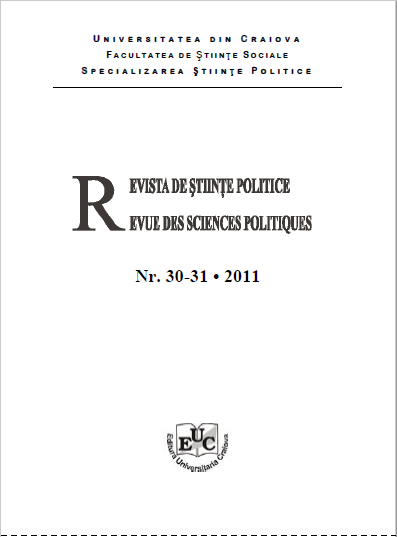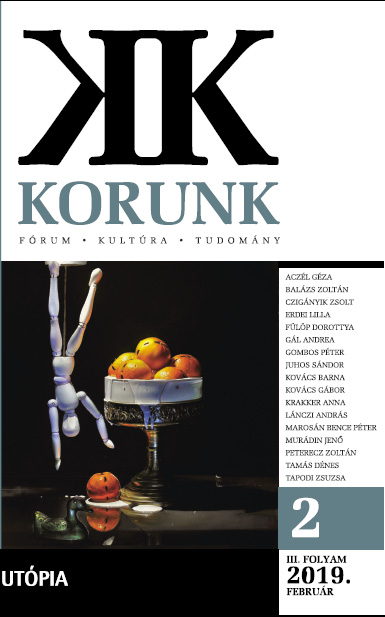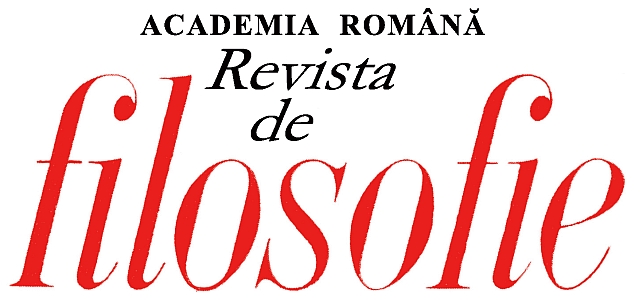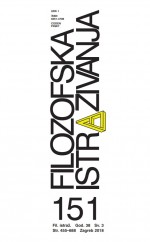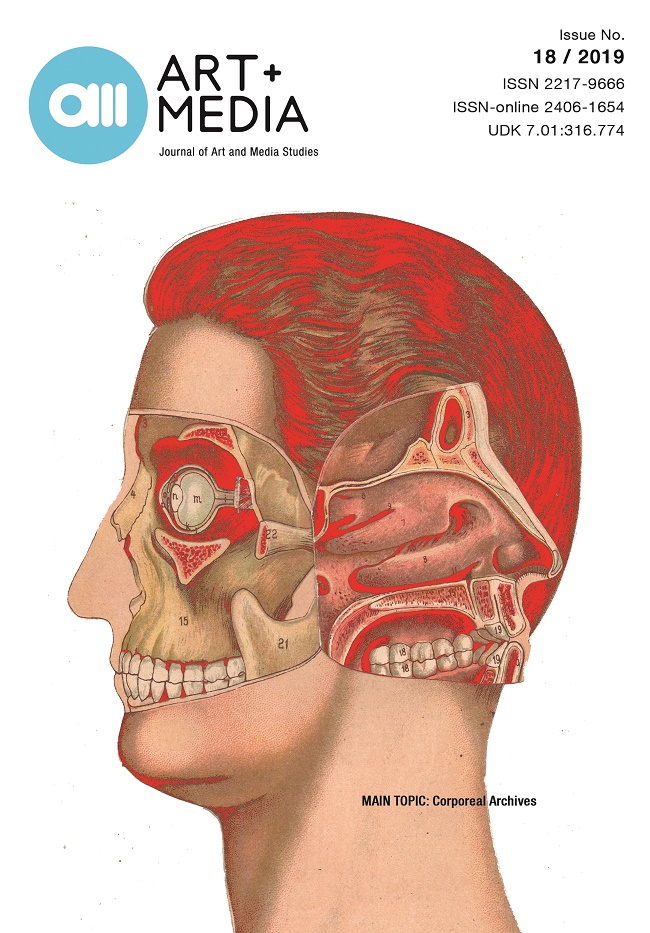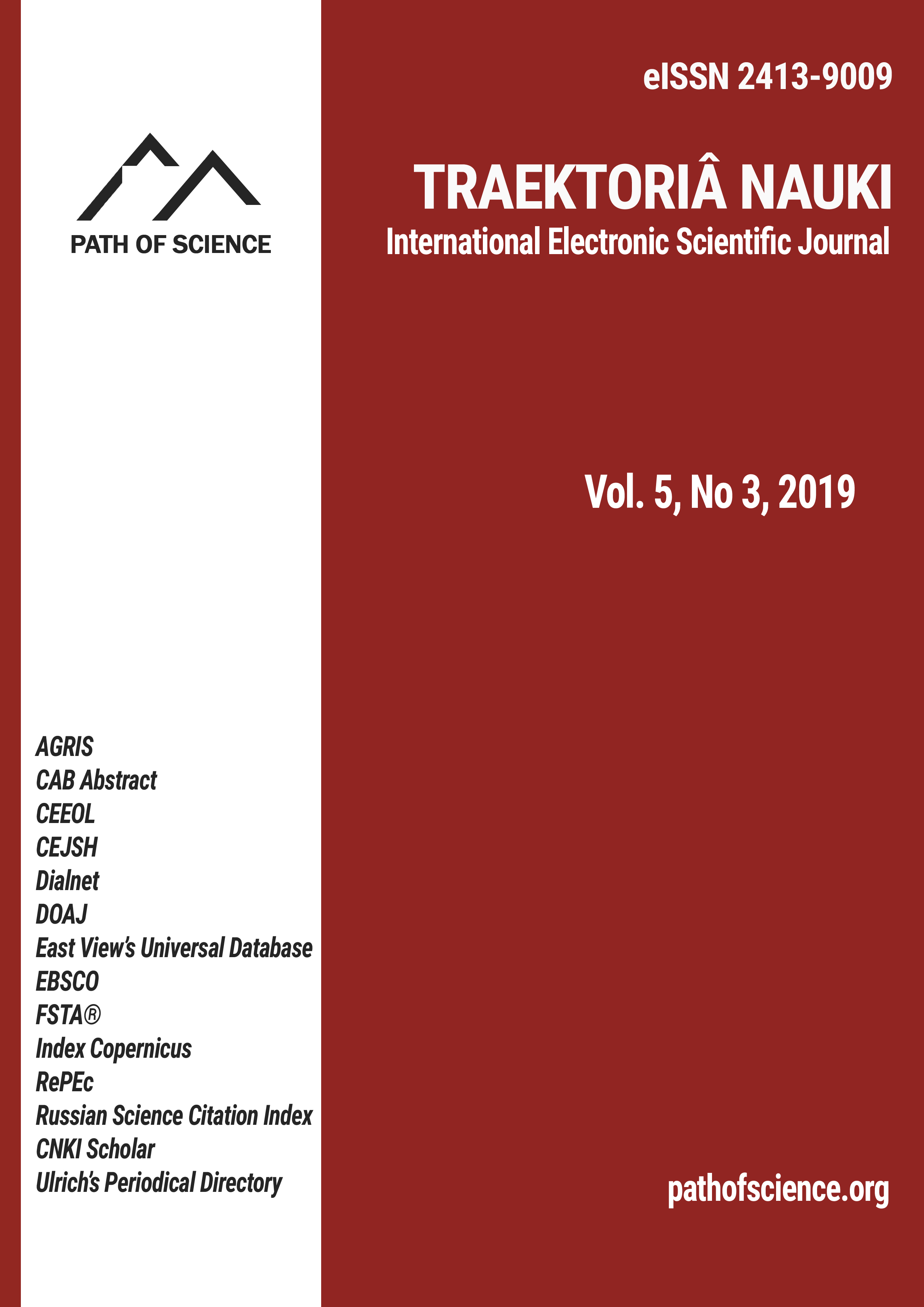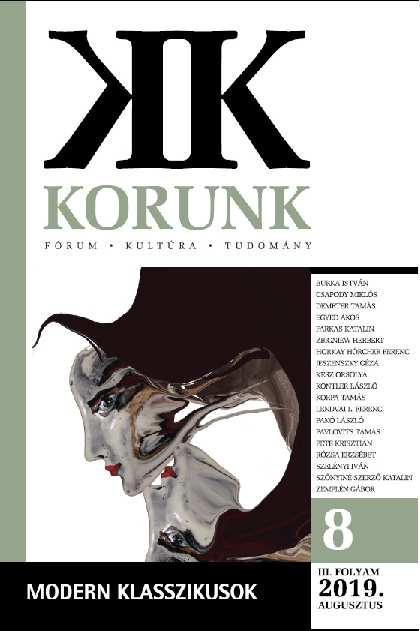Author(s): Tetiana Drozdova / Language(s): Ukrainian
Issue: 03/2019
In the western philosophical and political thinking C. Léfor is considered not only as a famous thinker, but as a key political philosopher of the end of the 20th - early 21st century, the author of the well-known and hotly debated thesis about the emptiness of state power in democracy, democracy as the acquisition of democracy, totalitarianism as a mutation of democracy. In Ukraine, in its return, he remains barely unknown: there are neither translations of his texts, nor any serious reception of his theoretical heritage. At the same time, our state has certain problems on the way of democratic progress, due to its totalitarian past, the rudiments of which can be observed up to this day. So Claude Lefort’s ideas, moving from Marxism to democracy and dedicated to defining the conditions of its occurrence and the peculiarities of functioning, which proceed from the absolute denial of any forms of totalitarianism, are very useful for understanding the main benchmarks of democratic growth in Ukraine.
The study examines the main aspects of the formation of Claude Lefort’s philosophical and political views, beginning with his interest in Marxism and Trotskyism, followed by the phenomenology of M. Merlot-Ponty and the study of N. Machiavelli, J. Michele, A. de Tocqueville, the debate with J.-P. Sartre and K. Castriadis, the result of which was formulating his own political conception and understanding of democracy as political modality of finding the truth. The main focus is also directed at the analysis of the decisive guidelines of C. Lefort’s political theory - the concepts of power, conflict, political action, wild democracy, the study of ontological conditions for the existence of a society, which, as shown in the article, were shaped, to a large extent, under the influence of M. Merlot-Ponty and N. Machiavelli. The phenomenological, M. Merlot-Ponty-like interpretation of Machiavelli’s works allows C. Léfor to formulate a negative and positive definition of the social, negative in that sense, that social is not conditioned by absolutely productive relations, positive, since the main characteristic of the social is its controversial nature, the conflict that is the source of political power, where people assert themselves as the subject of politics, and the power is an empty space, and a symbolic institution of the social at the same time.
More...
